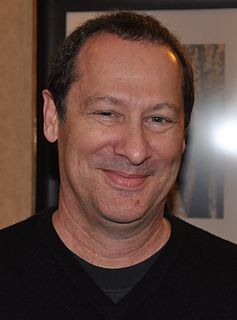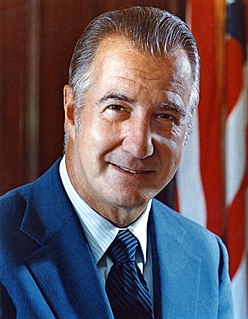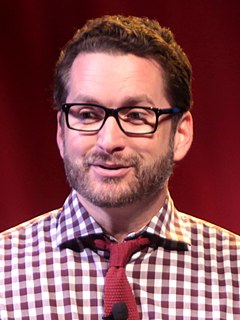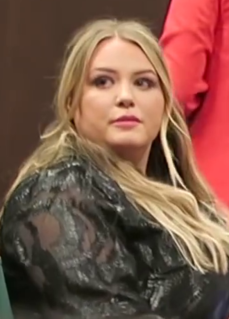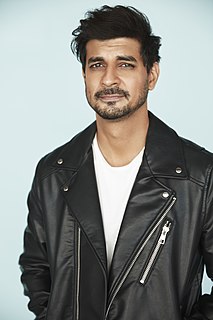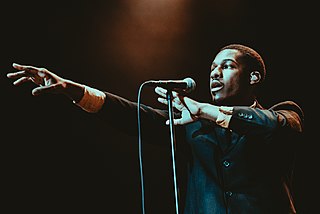A Quote by Cliff Martinez
Censorship has kind of disappeared in a way because everything is accessible online.
Quote Topics
Related Quotes
I am not asking for government censorship or any other kind of censorship. I am asking whether a kind of censorship already exists when the news that forty million Americans receive each night is determined by a handful of men responsible only to their corporate employers and filtered through a handful of commentators who admit to their own set of biases.
I say this ironically, not because I favor the State, but because people are not in the state of mind right now where they feel that they can manage themselves. We have to go through an educational process - which does not involve, in my opinion, compromises with the State. But if the State disappeared tomorrow by accident, and the police disappeared and the army disappeared and the government agencies disappeared, the ironical situation is that people would suddenly feel denuded.
